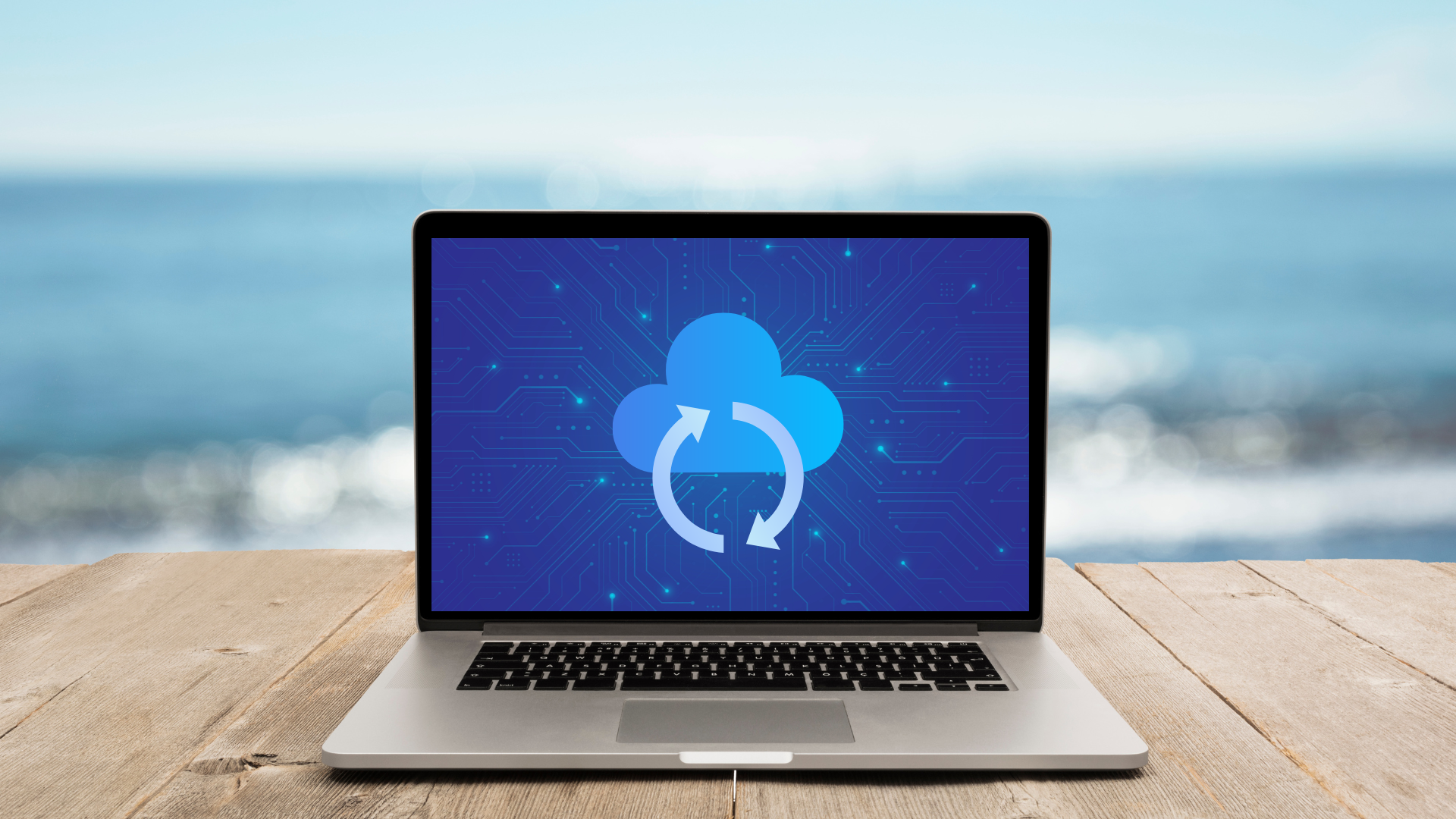6 Cybersecurity Tips for Remote Employees
A 2017 report found that hackers attack every 39 seconds worldwide. That rate could be higher by now because there has been an increase in data breaches since the pandemic struck. In 2020, studies revealed that malicious files had increased by 2000%, following the spread of the pandemic. Not only that, but the number of machines using RDPs also increased by 40% in 2020 due to the rapid increase of remote working. Criminals use those unsecured machines to force attacks on other desktops and steal vital information.
Working from home has become the new norm, thanks to the pandemic. However, remote working comes with its share of challenges, with the first one being data security.
If you work from home, you are potential prey to the scammers, and you need to be extremely careful. Follow these six simple steps to protect your employer’s data.
1. Protect Your Devices With Antivirus When Remote
Most companies install powerful malware solutions to protect their data. It can be trickier to provide the same level of protection at home, especially if you were not conversant with the data security measures.
It’s high time you find reliable antivirus software to protect your devices against malware. You can either use the subscription antivirus or the free malware. The subscription antivirus software solutions are the best, but again, the free ones can come in handy when you have a tight budget.
Since there are many antivirus companies, you should explore the available solutions to choose the best for your needs.
One last thing; you should regularly update antivirus according to your provider’s instructions.
2. Use Strong Passwords
Protect the sensitive folders, files, or the entire device to keep unwanted third parties. The hackers don’t have to be miles away always. Sometimes, the people around you can be your number one enemies, meaning that they can prey on your employers’ data and steal it.
Strong passwords can prevent you from the disappointments of data theft. All passwords with more than eight hard-to-guess words are considered to be strong. You can even combine alphabetical words with numerical and signs for maximum security.
Note that you don’t have to use the same password for all your applications on the computer. Instead, you can create unique passwords for each file or device and add them to your password manager. You should also change your passwords as often as possible to ensure that no one gets the chance to master the passwords.
3. Limit Remote Access
Data authentication is not enough if you don’t limit the people who can access your device. At home, you should set aside a home office. Your office does not have to be expensive, but rather, a private, quiet corner where the traffic is less.
Ensure that no one spy’s on your work when working or when viewing your employer’s vital data.
Lock your devices, too, when you are taking a break. Even if you don’t suspect anyone in your surroundings spying on your work, a child may accidentally tamper with your employer’s work, and that’s not what you want.
It would be safe to lock your devices whenever you are not around and limit people who get near you when working.
4. Secure Your Home Wifi
Your home network is not safe until you protect it. Criminals and data hackers can use any vulnerability in your home network to gain access to your data, make changes and even steal the data. If your wifi is unsecured, follow these tips to protect it against any unauthorized access:
- Change the Service Set Identifier, which is the device’s name – the new name should not contain your name, contacts, locations, or any personal details which can reveal your identity.
- Create strong passwords – most wireless routers come with a default password which is easy to guess. Change it with something unique.
- Update your software – your router’s software requires regular updates. Always update the newest software for maximum protection.
- Install a firewall – a firewall protects your devices from harmful intrusions. Review the available firewalls for your budget, and install them based on your preferences
Don’t hesitate to contact your network provider if you have any issues with your router or network connection.
5. Use Two-Factor Authentication
Do you feel like your password is not strong enough? You can use two-factor authentication (2FA). 2FA confirms the user’s identity by asking for a secret pin, in addition to the name and password.
Someone can steal your password, but they may not know your secret pin. When you use the 2FA, everyone opening your computer or remote working device will need to input your name, password and enter an additional private pin.
2FA does not always require a pin. Sometimes, it might require you to answer a secret question to which only you know the answer. 2FA might also need a fingerprint. That added requirement can provide maximum protection to your company’s data by keeping off unwanted third parties.
6. Watch out for Phishing Scams
Cybercriminals are likely going to flood your inboxes with fake emails and messages. Most phishing scams are designed to take advantage of people’s curiosity about the coronavirus-related pandemic.
For instance, you may receive an email that seemingly, comes from your company regarding a new coronavirus-related policy. Sadly, that can be a phishing scam. The email may redirect you to an attachment or link, which upon clicking can unleash malware to your computer.
The Federal Trade Commission says that scammers ‘customize the emails to appear like they are coming from big companies or even your employer so that you may not resist opening them.’
Don’t open any email that:
- Makes unrealistic promises, demands, or threats
- Requires you to send money
- Has poor grammar or many noticeable mistakes
- Has dodgy or mismatched URL
- Requires you to reveal your vital information
Report all phishing emails to the federal police, and maintain vigilance with your online interactions.
Learn More About Cybersecurity for Remote Employees
Remote work does not have to jeopardize data security. Follow the above practices to protect your data and that of your employer as well. Don’t hesitate to seek professional help whenever you experience challenges.
V&C Solutions provides expert IT services. Contact us today to get a free immediate quote for IT services to grow your business.




